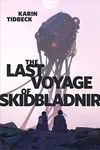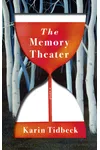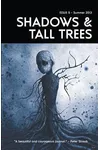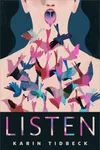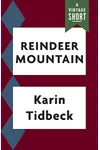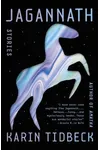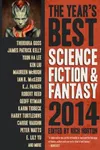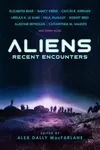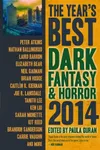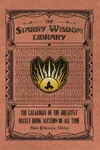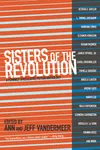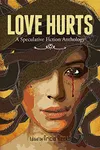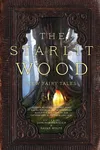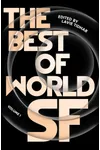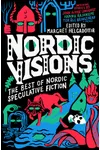Picture a Swedish storyteller who weaves worlds where reality bends and Nordic folklore dances with the surreal—meet Karin Tidbeck! This visionary author has captivated readers with their unique blend of weird fiction and speculative fantasy, crafting tales that linger like a strange dream. From the acclaimed short story collection Jagannath to the haunting novel Amatka, Tidbeck’s work blurs the lines between the real and the fantastical, earning them a devoted global following and comparisons to literary giants like Ursula K. Le Guin.
Born in Stockholm and now based in Malmö, Tidbeck’s stories are steeped in the eerie beauty of Nordic culture, yet their imagination knows no bounds. With a knack for turning the ordinary into the uncanny, they’ve become a standout voice in contemporary speculative fiction. Let’s dive into the life, works, and lasting impact of this master of the bizarre and beautiful!
The Making of Karin Tidbeck
Karin Tidbeck was born on April 6, 1977, in Stockholm, Sweden, where a love for storytelling took root early. Growing up immersed in Nordic fairy tales and the darker, untamed myths of supernatural creatures, they developed a fascination with the unseen and the strange. Tidbeck’s academic background in comparative religion and social anthropology fueled their curiosity about folklore and Forteana—think cryptozoology and paranormal phenomena. This blend of influences shaped their writing, which often feels like a bridge between ancient myth and modern unease. After studying at the prestigious Clarion Writer’s Workshop, Tidbeck debuted in 2010 with the Swedish short story collection Vem är Arvid Pekon?, marking the start of a remarkable career.
Karin Tidbeck’s Unforgettable Stories
Tidbeck’s English-language debut, Jagannath: Stories (2012), is a collection of 13 tales that defy categorization. From a man in love with a zeppelin to a bio-mechanical ark traversing a ruined Earth, each story pulses with dreamlike logic and human empathy. Critics, including Gary K. Wolfe, hailed Tidbeck as “one of the most distinctive new voices” in short fiction, and the collection snagged the Crawford Award while earning World Fantasy Award nominations. The story “Augusta Prima,” translated by Tidbeck, won a Science Fiction & Fantasy Translation Award for its vivid, unsettling glimpse into a timeless realm.
Their debut novel, Amatka (2012 in Swedish, 2017 in English), is a dystopian masterpiece set in a colony where language shapes reality. Objects must be named constantly to maintain their form, or they dissolve into “gloop.” The story follows Vanja, who uncovers a conspiracy that challenges her world’s fragile order. Critics praised its Kafkaesque depth and chilling relevance, with Jeff VanderMeer calling it “brilliantly honest.” Tidbeck’s 2021 novel, The Memory Theater, weaves Nordic LARP-inspired fantasy, exploring time and trauma in a magical, decadent garden.
Tidbeck’s style is spare yet evocative, blending Nordic folklore with speculative twists. Their stories tackle mental health, identity, and the power of language, often through a lens of playful mischief or quiet horror. Whether it’s shapeshifting creatures or a world where words hold reality together, Tidbeck’s work invites readers to question what’s real and embrace the uncanny.
Why Karin Tidbeck Matters
Karin Tidbeck has carved a niche in weird fiction, bringing Nordic speculative storytelling to a global stage. Their ability to translate their own work has bridged cultural gaps, making Swedish folklore accessible while challenging genre norms. Tidbeck’s influence extends to inspiring new voices in speculative fiction, with their genre-slipping narratives paving the way for bold, boundary-pushing stories. Fans and critics alike celebrate their originality, with Ursula K. Le Guin calling their work “quietly, intelligently, unutterably strange.” In a world craving fresh perspectives, Tidbeck’s stories resonate as both timeless and urgently modern.
- Born: April 6, 1977, Stockholm, Sweden
- Key Works: Jagannath (2012), Amatka (2017), The Memory Theater (2021)
- Awards: Crawford Award (2013), Science Fiction & Fantasy Translation Award (2013)
- Pronouns: They/them
Snag Jagannath or Amatka and dive into Karin Tidbeck’s wondrously weird world—your imagination will thank you!

